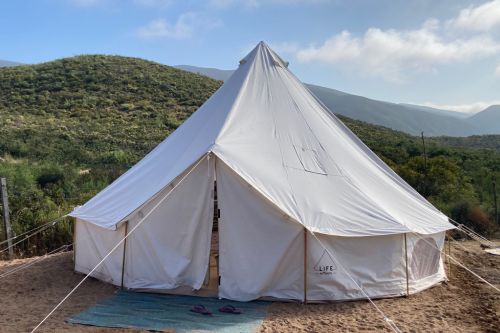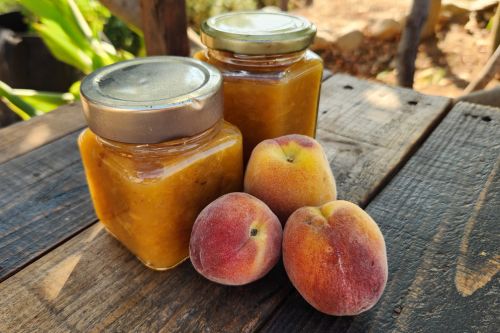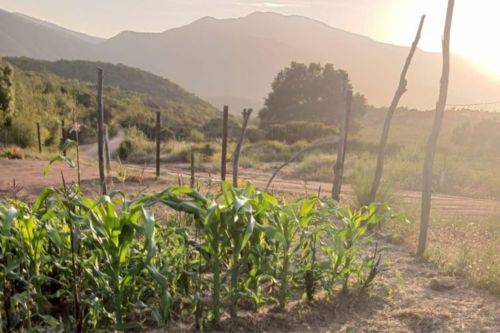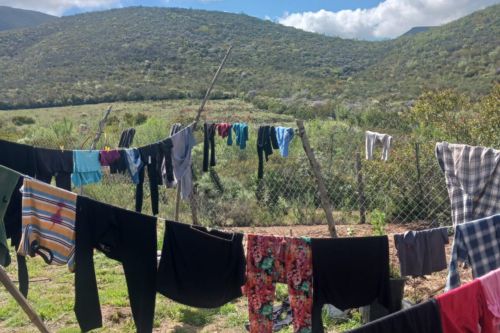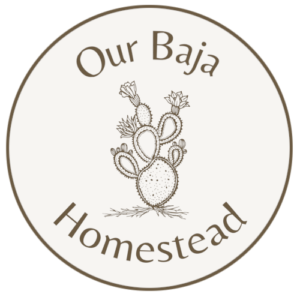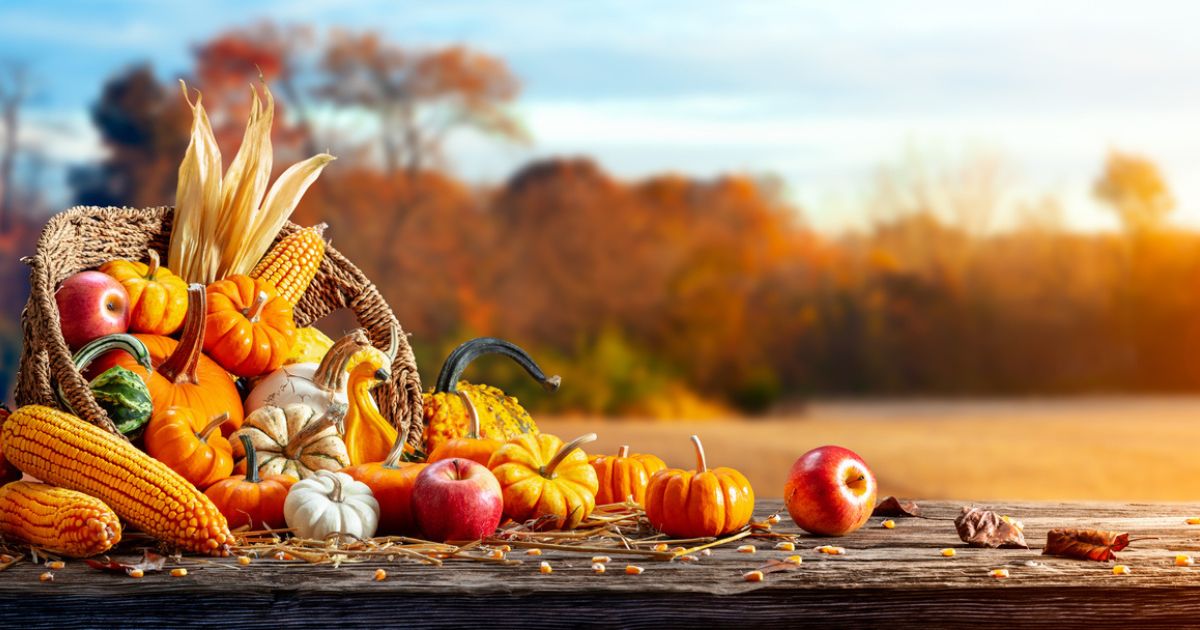Oh, Thanksgiving. A holiday that represents the spirit of gratitude, togetherness, the end of Autumn, and the commemoration of centuries of genocide, abuse, and oppression that happened after the settlers arrived on U.S. soil in the 17th Century.
“Well, when you put it that way, I guess it is a little strange that we celebrate a holiday based on traumatic events and unresolved generational pain.” Just a bit. Nevertheless, I do understand the positive intent of the holiday. It is considered to be a day to reflect on what and who we are grateful for. For country folk, Thanksgiving can be considered a day for collecting the last harvest and chopping the last wood for the fire, before the harsh weather comes for the winter. Either way you look at it, Thanksgiving is important for many American’s lives.
Let’s explore some ways we can celebrate Thanksgiving respectfully, while simultaneously acknowledging the past and present atrocities settlers have committed. We can also create new Thanksgiving traditions that ensure the success and well being of the original land stewards of Turtle Island (the U.S.).
Skip Thanksgiving Altogether
Of course, I had to start this blog post off with a bang! A powerful way to show your solidarity with our Native American neighbors is to skip Thanksgiving altogether. By not purchasing the standard foods served at Thanksgiving you can send a powerful message to corporate grocery stores. Of course, it would take many of us to send this powerful message, but one person can cause a ripple effect!
Sweet Grass Trading Co. has compiled an amazing list of Native American restaurants across the U.S. that can serve as a wonderful alternative to preparing a standard Thanksgiving meal at home.
Although many restaurants owned by Indigenous folks may not be open on Thanksgiving due to their owners taking the day off, it would be special to support these businesses any day of the year.

Learn the Real History Behind Thanksgiving
Growing up in the U.S. I was taught that the history of Thanksgiving was that of a peaceful 3 day feast between the Pilgrims and the Wampanoag Tribe in 1621. Although historians agree that this feast did exist, there’s no proof that the Pilgrims were even invited!
In fact, the first encounter between the Pilgrims and the Wampanoag Tribe involves the Pilgrims stealing the tribes winter rations – not much to be thankful about, indeed.
Furthermore, this first Thanksgiving was followed by decades (centuries!) of genocide, disease, and land theft caused by the Pilgrims and their selfish ideals. Glamorizing three peaceful days (if they even were peaceful), and then ignoring years of oppression is not conducive to any sort of healing for either party involved. In order to heal as a nation we must start with telling the truth!
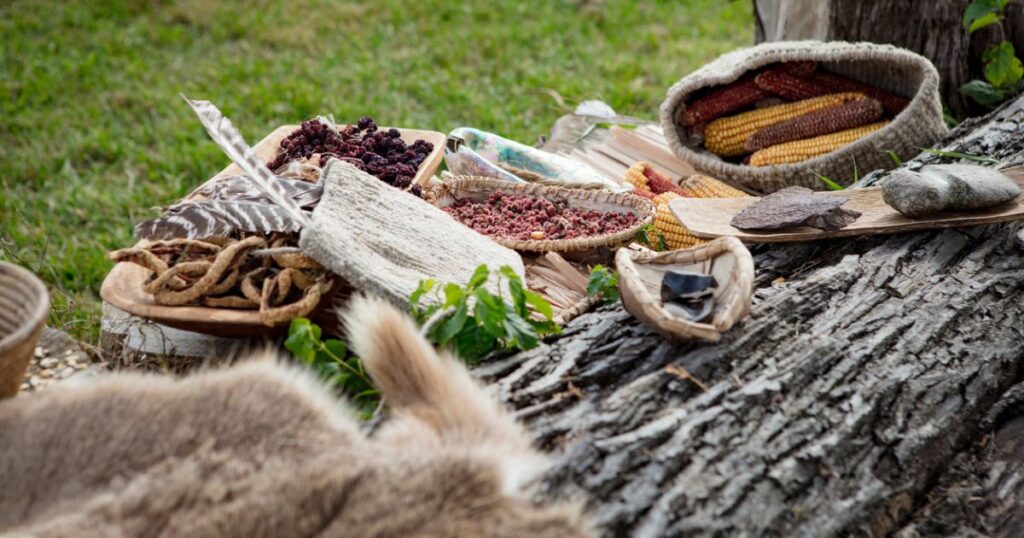
Start Your Thanksgiving Meal (and Every Meal) with a Land Acknowledgment
A Land Acknowledgment is a formal statement that recognizes the original inhabitants of the land on which we now inhabit. It is a way of honoring these indigenous land stewards’ relationship with the land and animals of a territory.
Land Acknowledgments are important because once we can honor and discuss the original land and its stewards of an area, we can advance to the next step, which is to create change by volunteering our time and money to causes that help support and uplift indigenous communities.
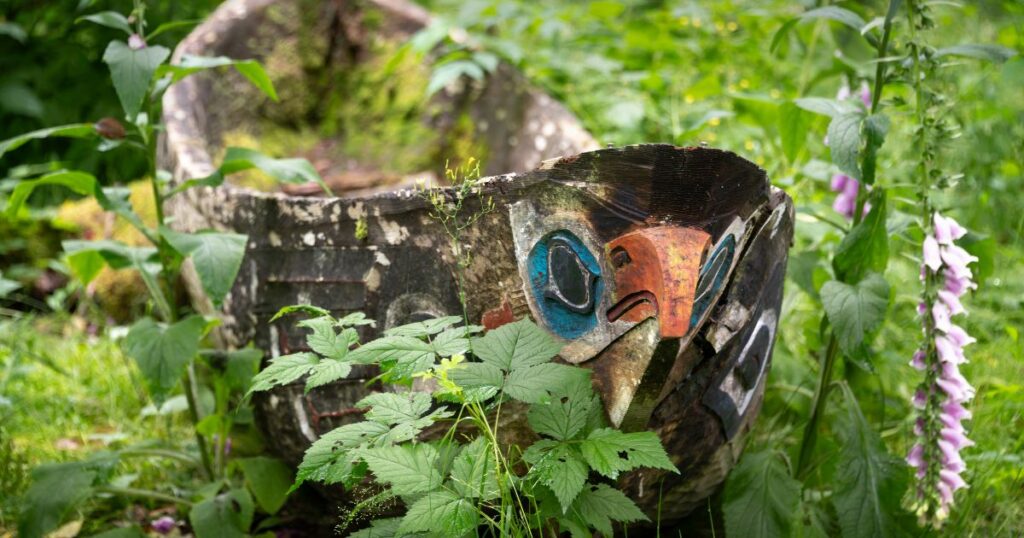
Acknowledge Where Your Food Comes From
In the United States, 78% of farmworkers are Latino. Of that percentage, 10% of Latinos claim their indigeneity. Additionally, many Latino people have mixed indigenous blood (whether they are connected to their tribe or not). What I’m trying to get at here is that most of the food provided to you comes from the hard labor of indigenous immigrants from Mexico, Central America and South America.
It is imperative to acknowledge that our food is grown/picked (and slaughtered/packaged) by the hard working hands of our indigenous neighbors. We can recognize the hard work they do, and how they have sacrificed their lives in their native homelands to better their families lives here in the U.S.
Although these workers may not be native to the U.S., we can consider their plights similar to those of the indigenous peoples of the U.S.
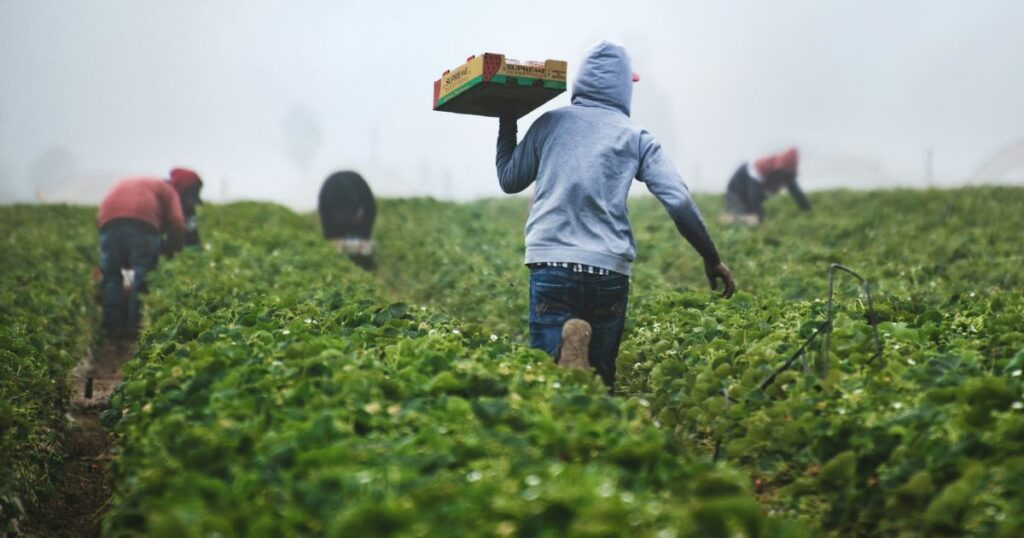
Cook a Meal That Celebrates the Culture of the Local Tribe from Your Area
This step requires doing a little research about the area you live in and what the native foods are. From there, you can figure out what tribal members prepare/prepared as a traditional meal.
For instance, I am living on occupied Kumiai (Kumeyaay) land and one of their biggest dietary staples is/was acorn atole and tortillas. To respectfully celebrate that traditional dish, I could find out if the tribe offers any interactive cooking classes that features making dishes that contain acorns.
Another idea (for those who are not the best at cooking) is to order some dishes from local restaurants owned by Indigenous folks. There is a link to Native owned restaurants in the U.S. mentioned in the first bolded point of this blog post.
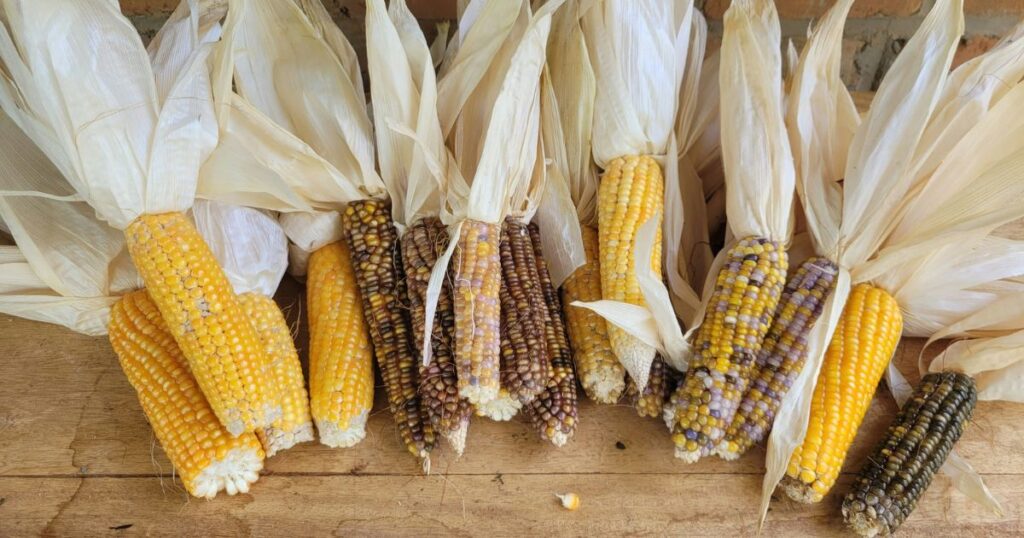
Learn About the Local Tribe in Your Area’s Issues and Contributions
Knowledge is power. Learning about the local tribe in your area and their past/current contributions to society as well as the current issues they face is one way you can respectfully celebrate Thanksgiving. What better conversation starter is there than discussing the plights of the tribe whose land you are occupying over a delicious Thanksgiving dinner?
Remember the root of many of the tribes issues stem from settlers taking over. So we must listen to what the tribe is saying, first and foremost. We can do this by looking for podcasts hosted by local Indigenous folks, researching local books (libraries tend to have amazing resources about local native struggles), and talking to local Indigenous people.
Always listen more, and talk less. Read the room! If it seems like a person doesn’t want to be bothered, then leave them alone. Never ask invasive and inappropriate questions.
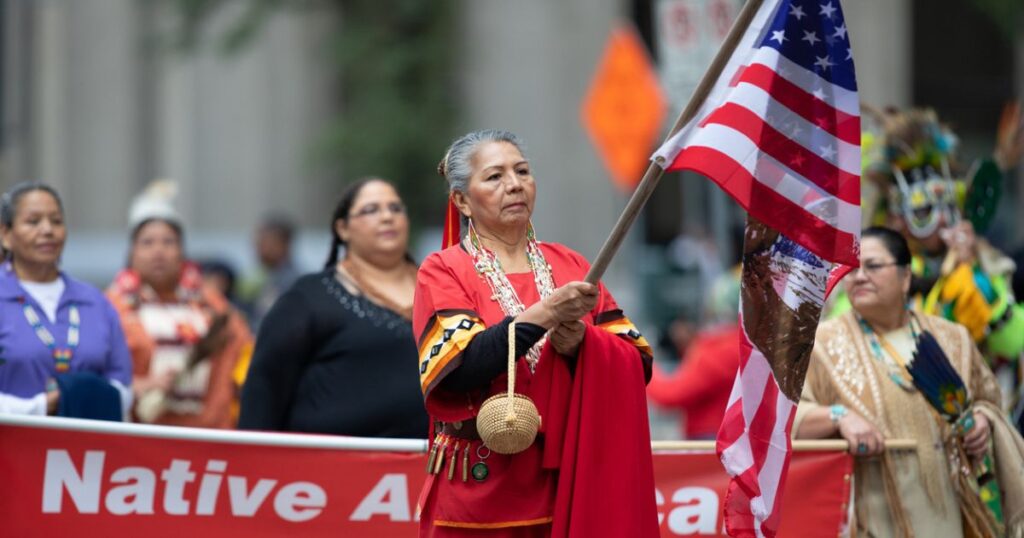
Make a Plan to Contribute Your Time and/or Money to the Local Tribe in Your Area
Here is the action part of all of these steps. Now that we know the geography, history, contributions and issues of our local tribe then we can take action!
Here is a non exhaustive list of ways you can tangibly support the tribe who’s land you are occupying.
- Volunteer to clean up neighborhoods/parks/preserves, serve at soup kitchens, or any other acts of service that support local tribes.
- Sign petitions that help protect/return tribal land.
- Donate to a cause that pertains to a Native American plight.
- Buy products made by local Native Americans.
- Eat at an Indigenous owned restaurant/play at an Indigenous owned casino.
- Protest for their rights.
- Pay a land tax (a voluntary payment made by settlers that directly supports tribal and individual sovereignty).
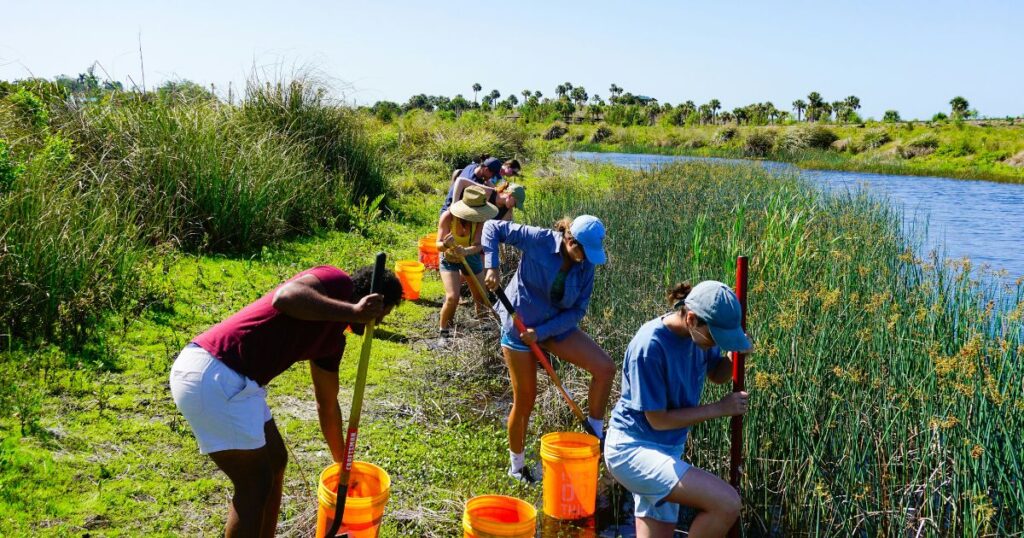
So there you have it – those are the 7 respectful ways to celebrate Thanksgiving. Research, boycott, acknowledge, learn, reflect, and act are all things you can do this Thanksgiving season (and all year round, please) to show your solidarity with Indigenous folks. Have a blessed holiday season!
